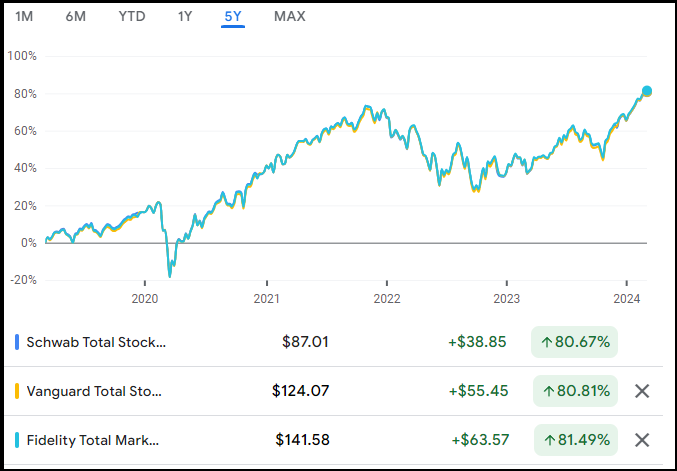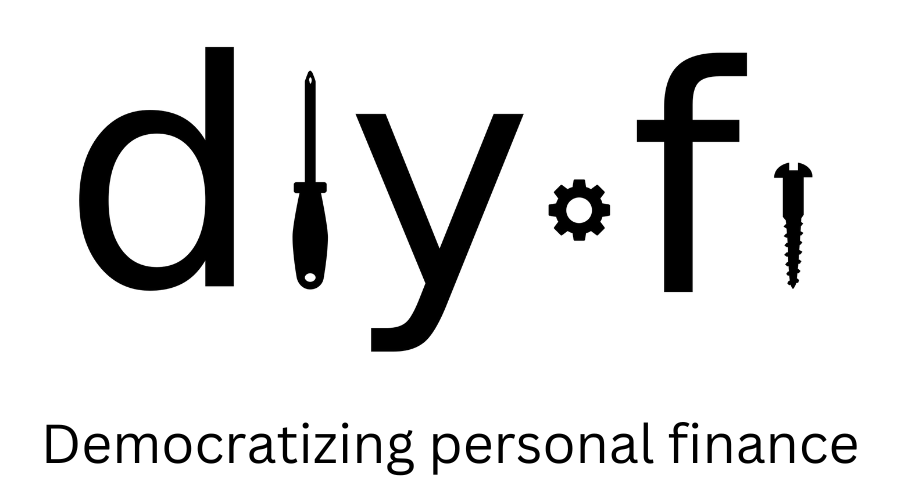What's an ETF? A mutual fund?
For the purposes of the average investor, there is virtually no difference between an exchange traded fund (ETF) and mutual fund. Both are financial instruments that can be used to track different indexes. In the what to invest in section, I recommend purchasing mutual funds, not because they're superior but because mutual fund purchases can be automated at Schwab, Fidelity, and Vanguard and cannot for ETFs.
However, there are some key differences, primarily in terms of how they trade:
1. Trading times: ETFs trade during normal trading hours (i.e., 9:30a-4p ET) while mutual fund trades execute once a day in the evening. The order for a mutual fund must be placed before the market closes for it to execeute the same day.
2. Transaction fees: brokers will charge you a fee for purchasing a mutual fund that's been constructed by another firm but no fees for purchasing mutual funds if its been constructed in-house. For example, if I attempt to purchase Vanguard's VTSAX or Fidelity's FSKAX in my Schwab account, Schwab will charge me a $50 transaction fee but will charge no fees for Schwab's SWTSX. ETFs can trade freely, similar to stocks: I can purchase a Vanguard ETF in my Schwab brokerage account with no fees (though this cannot be automated). However, because the major brokerages all offer mutual products that track the major indexes, this shouldn't cause any issues (for example, VTSAX, SWTSX, and FSKAX have near identical performance because all aim to track the Dow Jones U.S. Total Stock Market Index):

There are many other nuances that matter much more if you're buying ETFs or mutual funds other than the ones I suggest. If that's the case, it's worth reading this Investopedia article. But if you're sticking to mutual funds that track both US and international markets as a buy-and-hold investor, there is basically no difference other than the two I highlight above.
